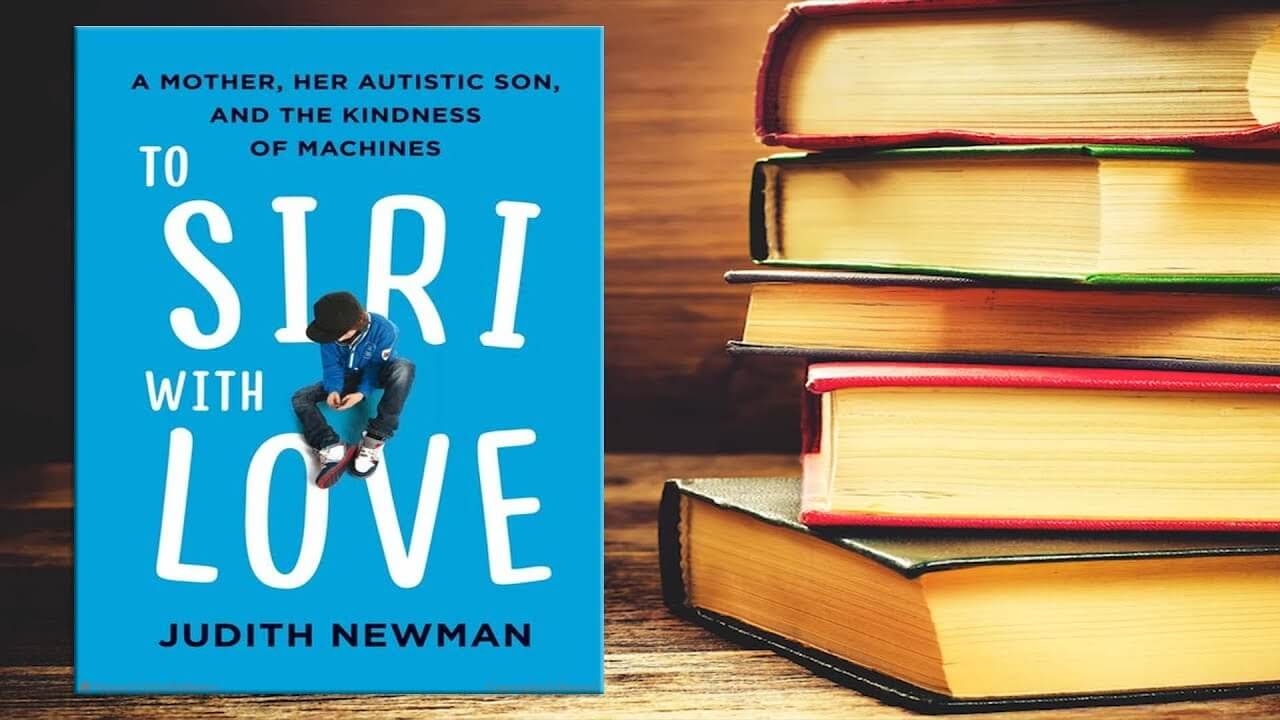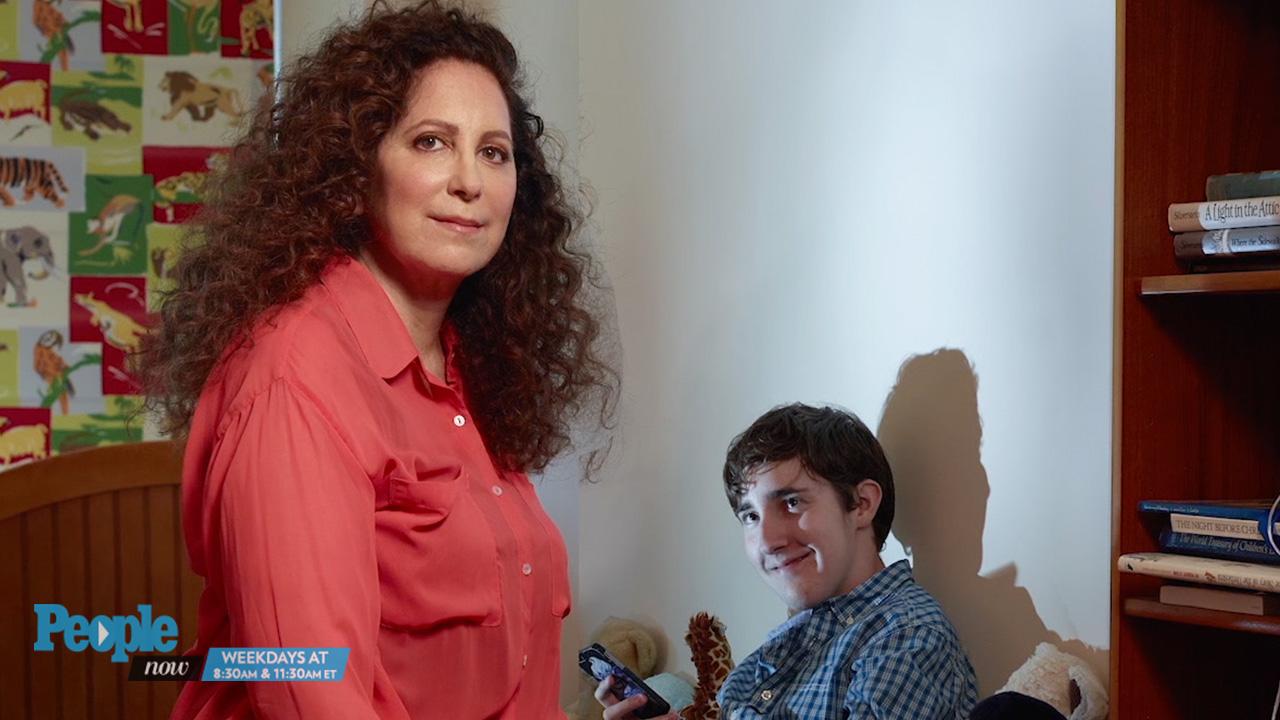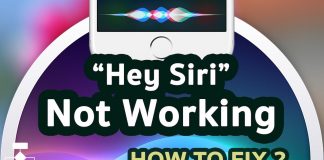
Autism Spectrum disorder or Autism as it is commonly referred to is a broad spectrum of conditions accompanied by difficulties in social abilities, repetitive behaviors, inadequate dialect intellect and instability in non – verbal communication. This condition has been segmented into three; Asperger Syndrome, Pervasive Developmental Disorder and Autistic Disorder.
Over the recent past, there has been a lot of awareness on this subject. For instance, Judith Newman in her book, “To Siri with Love” takes us through her memoir with her twins; a 13 – year old (at the time) autistic son called Gus and his 14 – year old Neurotypical brother called Henry.
It is not, however, clear which form of autism Gus is suffering from. Her famous remarks about her son’s condition raise uncountable eyebrows from readers all around the globe, with each one of them having varying opinions. Let us take a sneak peek into what the book is all about.
“To Siri with Love” Summary

Although speculative, the title is derived from the fact that Judith believes that Gus’ best friend is Siri (Apple’s Artificial Intelligent voice recognition system). This memoir is basically a diverse accumulation of humorous vignettes and anecdotes of Judith Newman’s life over the years with Gus and Henry. Judith is struggling to raise her twins as they live in a separate apartment from the older man that she is married to. Anecdotes concerning everyone in the family were presented.
However, autistic Gus was the main subject of the book. Judith attempted to uncover almost everything about Gus from his personal hygiene all the way to his taste in adult content.
In a world where basic communication has hit every snag, Siri remains a loyal imaginary friend to Gus. Judith finds herself questioning her parenthood every time she sends her son’s ‘nagging’ questions towards Siri. Watching her son hold these iterative and interactive ‘nonsensical’ dialogues with Siri, still can be taken for a mother’s love. A mother was sending her son Gus To Siri With Love. Allegedly, Siri engaged Gus into a meaningful conversation with other people in the relative future.
What Gus perceives as normal can be detected as amplified and misguided empathy towards objects by – autistic people. Judith gives an example of an iPod that she had bought him. She continues to say that Gus would only listen to it while at home, except on some occasions. These were the times when Gus would take it along whenever they paid a visit to the Apple store. Eventually, when Judith asked why this was, Gus responded that so that the iPod could visit ‘its friends’
The heated debate
It is approaching 3 years now since the book, “To Siri with Love” was first published and the debate surrounding the book is at an exponential increment. Some critics choose to argue that Judith’s selling point was to generate controversy by presenting her son Gus in a somewhat negative light. Maybe referring to her son Henry as developmentally normal renders Gus as abnormal, and that according to some people was nay saying against one son.
To some, they remain optimistic that at least one of the sons turned out like the ‘rest of us’. Some have even chosen not to consider autistic people as abnormal but prefer to go for the term, ‘different’ as if to make it subtle. Overall, it remains a heated debate of what is, or is not!
Numerous individuals on the autism spectrum are tempted to portray Judith as an “Autism Warrior Parent,” who are those parents that try to cure or put non – autistic oriented goals on their autistic children. Some may like to believe that Judith never intended to “cure” Gus but was simply trying to help him navigate through a world that is often not friendly to people perceived to be different.
There have been allegations from the autism community boycotting the book, but really without conclusive evidence, the internet will always be a ‘house’ full of all assortment of opinions. The Good thing is that opinions are neither wrong nor right, they will always remain just that; opinions.
The true heated debate was when Judith made a statement contemplating Gus’ future as he approached adulthood. She says, “I will insist on a medical power of attorney so that I will be able to make the decision about a vasectomy for him after he turns 18.” This statement is debatable majorly because she is seen to have decided for Gus without consultations. Henry might have been in a better position to air his concerns, but not Gus. Gus is confined in his communication inadequacies accompanied by frequent orders from his mother, sending his intolerable questions “To Siri with Love.”
Sentiments to the Autistic community
Judith Newman has with no shred of doubt contributed to autism awareness. Whether she has done this by negatively sharing her memoir or not, she is still in line with the old cliché that, ‘Publicity remains just that, whether it comes off good or bad,’ well, not quite in the same words!
Significance and Concerns

“To Siri with Love” should be approached with caution. If not, the reader is well advised to keep an open mind in order to achieve the holistic ‘overview effect.’ Reading through it with a fixed mindset of Judith as a ‘clumsy’ writer might lead to a negative judgment of the content. There were times that Judith seemed to hiccup on what she was scripting as horrific but decided to carry on all the same.
For instance, on the page (17) she hinted that on a game that she had earlier played with self when she was heavy, she had asked herself that if something was to go wrong with her child to be. She wondered whether she would be able to put up with any abnormality that might accompany her baby. She concludes by admitting that she does not rate an A-Plus on the basic – Human – Decency Report Card. Such courage could not pass unnoticed!
The book is informative about what autistic individuals go through in our day-to-day daily lives. Bringing into light such encounters might have been projected blatantly, but honestly, the message is home. Autistic people have it rough. Remember not to shoot the messenger to this informative read, “To Autism with Love.”
Er, drug dispensers. Some of the indicators can be non-clinical. However, due to their significance in the analysis of a particular situation, they are used. The data that is collected is analyzed and used to plan for intervention measures and the promotion of the general health of the public among other activities. It is important to note that syndrome surveillance helps in planning, implementation, and evaluation of public health practices that are essential in promoting improved lives.
If I were the head of the epidemiology department, I would handle the four challenges individually so that I can conclusively address all of them. For instance, to address the challenge of data integration, I would work with the respective information and communication departments of the hospitals to track the records of the patients. I would acquire a permit from the necessary agencies of the government so that I can gain access to the databases.
Regarding the challenge of security of data, I would restrict the access of the data to only the authorized personnel. I will introduce the use of passwords to limit this access. I would address the challenge of funding; I would identify donors and other relevant parties that are willing to be part of the program. I will address the challenge of staffing by looking for the most skilled people and ensuring that they are compensated adequately to motivate them to apply all their efforts towards the success of the program.
I believe that the most important problem to address is the staffing issue. The employees determine the success of the project significantly. Thus, they are the most important elements. Addressing this problem will be essential in ensuring that the others are addressed as well.

Denis is an article/blog and content writer with over 7 years of experience in writing on content on different niches, including product reviews, buyer’s guide, health, travel, fitness, technology, tourism. I also have enough experience in SEO writing.











